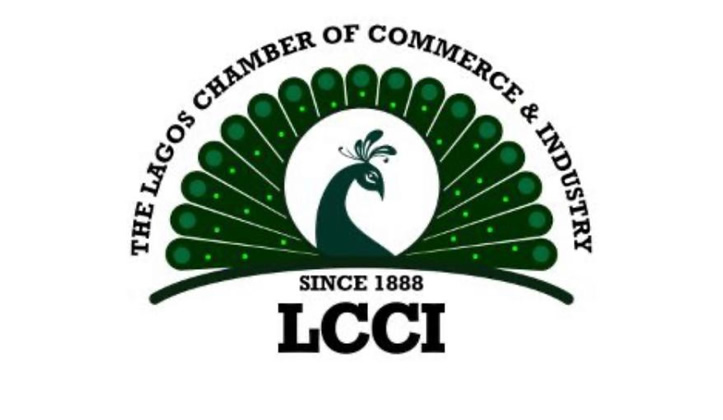The Lagos Chamber of Commerce and Industry has expressed concern over the continued decline in foreign direct investment inflows and investors’ cautiousness about committing long-term capital to Nigeria’s real sector despite recent macroeconomic improvements.
Director-General of the Chamber, Dr. Chinyere Almona, in a statement on Thursday, said the latest data from the National Bureau of Statistics on inflation and capital importation highlighted persisting structural weaknesses in the economy.
She noted that while headline inflation eased for the fourth consecutive month and capital inflows rose significantly in the first quarter of 2025, the structure of the inflows underscored an imbalance.
Almona said, “Nigeria attracted $5.64bn in Q1 2025, representing a 67 per cent year-on-year increase and 11 per cent growth quarter-on-quarter. However, over 90 per cent of these inflows were portfolio investments, short-term funds chasing high yields in government securities. By contrast, Foreign Direct Investment plunged to $126.29m, down 70 per cent from the previous quarter, accounting for just 2.24 per cent of total inflows.”
The Chamber stressed that this imbalance showed investors remained cautious about making long-term commitments to the economy. It particularly expressed worry about declining interest in manufacturing, which drew only $129.92m in Q1 2025, a 32 per cent drop from the same period in 2024.
Almona said the weak inflows into manufacturing reflected “persistent challenges around forex liquidity, energy costs, job losses, and operating uncertainties, all of which have driven several multinationals to scale back or exit.”
She warned that Nigeria’s over-reliance on short-term portfolio inflows was not sustainable and urged the government to take deliberate steps to attract productive investments into value-creating sectors.
The LCCI boss added, “We need policy interventions that support more productive economic activities, create sufficient supply, make goods available at the right places, create jobs, and let businesses thrive in an enabling environment. The interventions should deal with energy cost, power supply, logistics, infrastructure deficits, business process bottlenecks around licensing and registration, access to credit, and forex liquidity through non-oil exports.”
Almona observed that the moderation of headline inflation to 21.88 per cent in July 2025 from 22.22 per cent in June, and a sharp fall from 33.40 per cent in July 2024, is encouraging. But she cautioned that the month-on-month rate of 1.99 per cent showed that prices were still rising in real time for households and businesses.
She noted that food inflation remained elevated at 22.74 per cent year-on-year, with rural communities experiencing sharper monthly increases than urban centres. Almona stressed that this underlined the urgent need for targeted interventions in agriculture, rural infrastructure, and logistics efficiency.
The LCCI called on the Federal Government to deepen structural reforms, strengthen incentives for FDI, rebuild domestic investor confidence, consolidate macroeconomic stability, and reposition the manufacturing sector through targeted policies.
Almona added, “The easing of headline inflation and the rise in capital inflows are encouraging signals. However, we must not lose sight of Nigerian households grappling with rising costs, and investors are hesitant to commit long-term capital. Our economy urgently needs a deliberate strategy to attract and retain productive investment that drives jobs, industrial growth, and long-term competitiveness.















